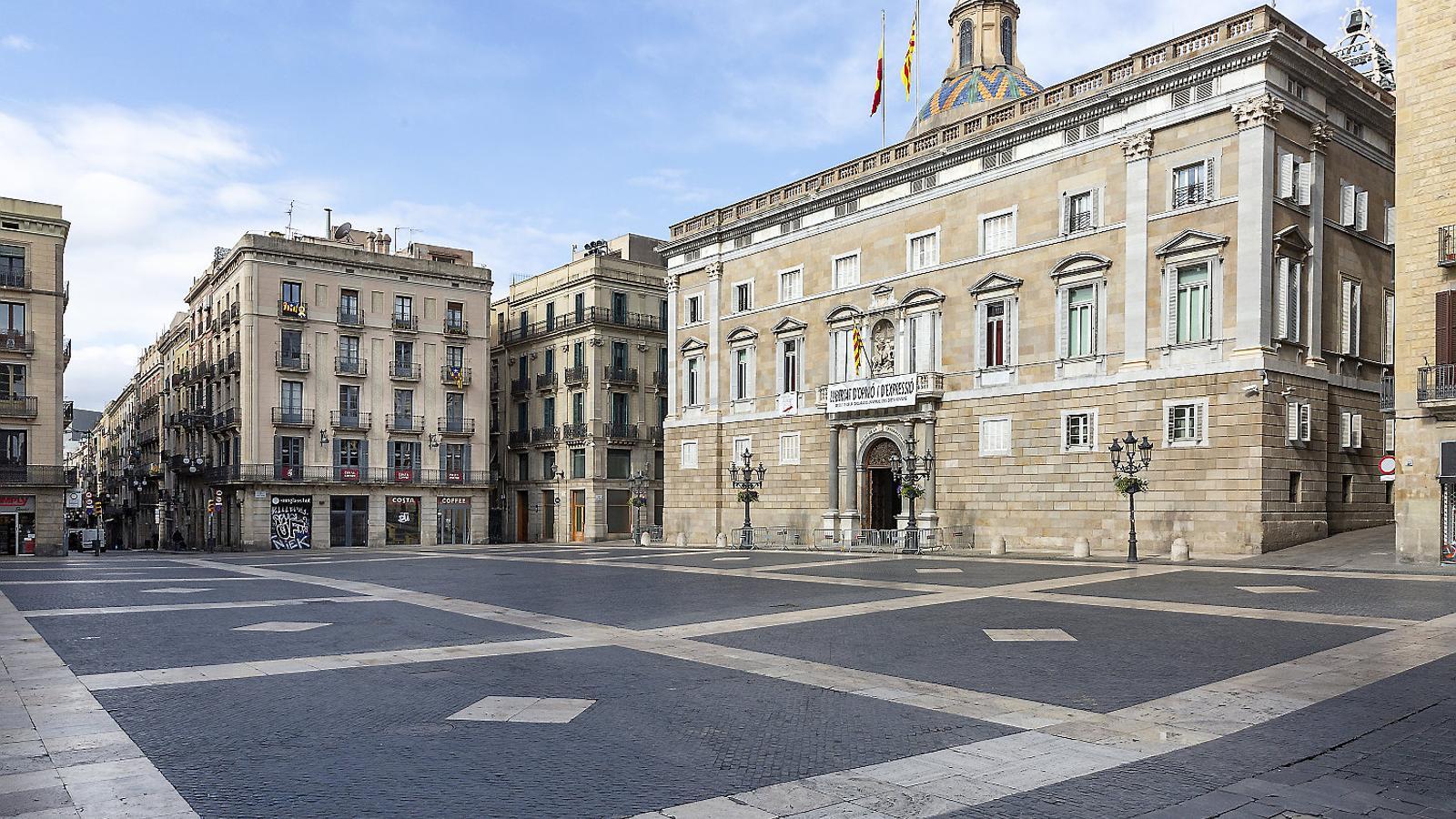
In times of distrust of institutions, talking about citizen participation may seem like a risky proposition. But precisely for this reason, tools that strengthen democracy and bring citizens closer to decision-making are needed more than ever. Catalonia, in this regard, has a pending issue: passing its citizen participation law. (In the area of electoral participation, it also has another: passing an electoral law of its own.)
Currently, Catalan legislation does not have a specific law that regulates it. The few references to participation are scattered throughout other laws—such as the transparency law (19/2014) or the non-referendum popular consultations law (10/2014)—where they play a secondary and poorly articulated role. This legal deficiency represents a significant gap in a context in which it is necessary to demand greater openness, greater listening, and greater response from institutions.
The plan for reforming the administration and improving public services, which includes designing public services based on the needs and perspective of citizens, is an opportunity to recover the draft law, The result of a broad participation process, which included experts, academics and entities from the sectorThe objective should not be to overly regulate participation, but rather to establish guidelines that ensure its quality, credibility, and ability to influence public decisions.
Participation does not replace the decisions of elected officials, but it does enrich them. However, for it to be effective, administrations must respond with clear arguments: which proposals are taken into account, which are not, and why. This accountability is essential for citizens to feel that their voice counts and that the processes are not just window dressing. If there's anything more discouraging than participating, it's participating for nothing. Investing time, enthusiasm, and commitment in a participatory process only to end up with no return or impact from the proposals made is a sure recipe for disenchantment.
The law will also offer a clear legal framework for new forms of participation that are gaining ground, such as lottery-based citizen assemblies. The latter, in particular, allow people with diverse profiles to be brought together through random selection, allowing them to deliberate on complex issues based on a logic of consensus, far from the polarization that often dominates institutional politics.
A good example was the Citizens' Assembly for the Climate of Catalonia (2023-24), the most ambitious ever held in our country. Over five weekends, one hundred citizens dedicated time and effort to formulating proposals. Technical feedback was already provided by the Government of the previous term, but the political feedback necessary to give value to this citizen commitment to the institutions is still pending.
A participation law would avoid, among other things, this: processes that are announced with enthusiasm but end up with no impact. It would also offer legal certainty to city councils and entities that want to innovate in their relationship with citizens, facilitating practical aspects such as financial compensation for people who participate in long processes, just as is done with those elected to a polling station or as a jury in the administration of justice.
In short, it is not about restricting participation, but rather providing it with a firm foundation. A citizen participation law in Catalonia would consolidate good practices, avoid strategic or partisan uses, and ensure that those involved in a process do not leave disappointed. Because, as has been demonstrated many times, it is better not to participate at all than to do it poorly. And we cannot afford for institutions to contribute to disaffection or ignore the opportunities for democratic strengthening that open government provides.
This week, precisely, marks the Open Government Week (which includes the areas of transparency and participation). This is a good opportunity to recall the need to guarantee institutional continuity and ensure that resources already spent are not wasted, a clear sign of institutional quality, in order to fully process the bill and ensure its approval during this legislative term. This also means complying with the consideration and reasoned feedback on the 48 citizen recommendations agreed upon at the Citizens' Assembly for the Climate of Catalonia, one year after its conclusion. This is especially true given that they focused on issues as fundamental to our country as agri-food production and consumption and energy infrastructure, which are so topical these days.
This article is signed by Rosa Borge (UOC), Jaime López (UPF), José Luis Martí (UPF), Xavier Moreno (UB), Jordi Pacheco (UB), Ismael Peña-López (UOC), Fernando Pindado (UAB), Yanina Welp (Graduate Institute of Geneva), teachers of the postgraduate program of the College of Professionals of Political Science and Sociology of Catalonia.
